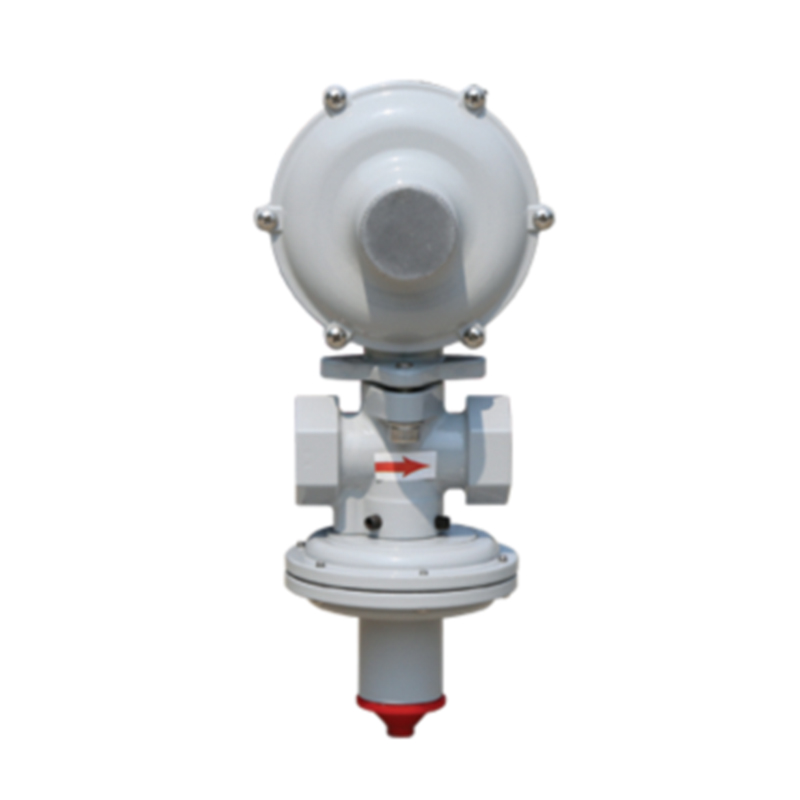
8 月 . 19, 2024 13:21
Back to list
Innovative Solutions for Efficient Electric Valve Control and Automation in Modern Systems
Understanding Electric Valves Features, Applications, and Benefits
Electric valves are essential components in various industrial and residential applications, controlling the flow of fluids and gases with precision and reliability. These valves use electric actuators to open or close, allowing for automated operations that enhance efficiency and safety in numerous systems.
What is an Electric Valve?
An electric valve is a type of valve that is powered by an electric motor or actuator. Unlike manually operated valves, electric valves can be controlled remotely, allowing for greater flexibility in operation. This feature is especially valuable in complex systems where accessibility is limited or when immediate action is required to control fluid flow effectively.
Electric valves come in various designs, including ball valves, gate valves, and butterfly valves. Each type serves a specific purpose based on the application and operational requirements. For example, ball valves are ideal for applications requiring quick shut-off, while butterfly valves are often used for throttling applications in large pipe systems.
Key Features of Electric Valves
1. Remote Operation One of the primary advantages of electric valves is their ability to be operated from a distance. This feature facilitates automated control systems, reducing the need for manual intervention and minimizing the risk of human error.
2. Precision Control Electric valves offer precise control over flow rates and pressure, making them suitable for processes that demand exact specifications. This precision is critical in industries such as pharmaceuticals and food production, where maintaining specific conditions is paramount.
3. Integration with Automation Systems Electric valves can be seamlessly integrated into automated control systems, including Programmable Logic Controllers (PLCs) and Building Management Systems (BMS). This integration allows for real-time monitoring and adjustments, optimizing performance and resource usage.
4. Safety Features Many electric valves are equipped with safety features such as fail-safe mechanisms, manual override options, and position feedback sensors. These features ensure reliability and safety in operations, particularly in critical applications where failure is not an option.
Applications of Electric Valves
Electric valves are widely used across various sectors, including
electric valve

- Water Treatment In water treatment plants, electric valves control the flow of water through filtration and treatment processes, ensuring efficient operation and regulatory compliance.
- HVAC Systems In heating, ventilation, and air conditioning (HVAC) systems, electric valves regulate airflow and temperature, promoting energy efficiency and occupant comfort.
- Oil and Gas Industry Electric valves play a crucial role in the oil and gas sector, controlling the flow of hydrocarbons through pipelines and ensuring safe operations in refineries and processing plants.
- Chemical Processing In the chemical industry, these valves control the transfer and mixing of various chemicals, maintaining safety and consistency in production processes.
Benefits of Electric Valves
The adoption of electric valves offers several benefits
- Increased Efficiency Automation reduces the need for manual monitoring and adjustments, leading to more efficient operations and reduced labor costs.
- Lower Maintenance Costs Electric valves generally have fewer mechanical parts than their manual counterparts, resulting in lower maintenance requirements and extended service life.
- Enhanced Safety With remote operation and automated control, electric valves contribute to safer working environments by minimizing the need for personnel to be present in potentially hazardous areas.
Conclusion
Electric valves are transforming the way industries manage fluid and gas flow. With their ability to provide precise control, facilitate automation, and enhance safety, these valves are becoming indispensable in various applications. As technology continues to advance, the capabilities and efficiencies of electric valves will undoubtedly expand, further solidifying their essential role in modern industrial processes. Whether in water treatment, HVAC systems, or chemical processing, the impact of electric valves is profound and far-reaching, ultimately contributing to improved operational performance and sustainability in an increasingly automated world.
Latest news
-
Unlocking The Quality Gas Pressure ReducersNewsNov.01,2024
-
The Role of Gas Pressure Reducing StationsNewsNov.01,2024
-
The Importance and Functionality of Safety Relief ValvesNewsNov.01,2024
-
The Essential Role of Safety Valves in Natural Gas ApplicationsNewsNov.01,2024
-
The Essential Role of Gas Pressure RegulatorsNewsNov.01,2024
-
Enhance Your Premium Gas FiltersNewsNov.01,2024

